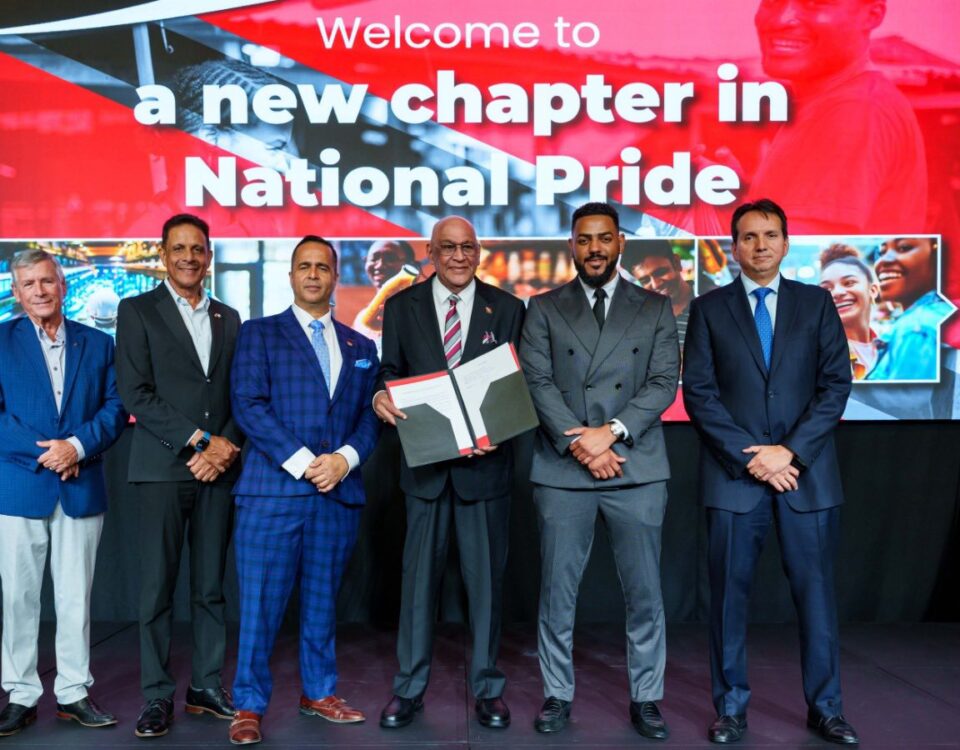The Ministry of Trade and Industry (MTI) and the Trinidad and Tobago Bureau of Standards (TTBS), engaged an international consultant in June 2021 to commence a 9-month project to update and strengthen the Standards and Metrology legislation of Trinidad and Tobago. This project will address standards and metrology development in areas such as utilities, food and drugs, the environment and health.
One of the major undertakings will include an assessment of the current National Quality Infrastructure (NQI) legal framework to identify areas for amendment and prepare recommendations for Cabinet. An NQI is the system comprising public and private sector organizations together with the policies, relevant legal and regulatory framework, and practices needed to support and enhance the quality, safety and environmental soundness of goods, services and processes. It relies on metrology, standardization, accreditation, conformity assessment and market surveillance.
TTBS, our National Standards Body, is responsible for the development and implementation of standards, measurement systems and conformity assessment services in Trinidad and Tobago. It is governed by two main pieces of legislation, the Standards Act and the Metrology Act which promote and encourage the development and maintenance of standards in alignment with the World Trade Organization (WTO) and the International Standards Organization (ISO). The services of the TTBS include, among other things calibration services, laboratory testing, certification of systems, products and services.
Both standards and metrology are extremely important to our everyday lives and in particular trade. Standards provide a common language to measure and evaluate performance and establish trust globally. Metrology is the science of measurement and legal metrology deals with laws and regulations relating to units of measurement, measuring devices and measurement methods. Based on these definitions, metrology provides support and protection in trade by ensuring that measuring devices provide accurate measurements, and standards specify how things should be made or done in a way that is acceptable to a customer, industry or country. To know whether standards have been met, goods and services must undergo conformity assessment activities such as testing, certification and inspection. These elements are critical components of a country’s National Quality Infrastructure (NQI) which guides the production of local goods and services based on agreed standards that follow international benchmarks. Everyday examples of NQI include ensuring that the meters at the gas pumps and the scales at the supermarkets and markets are accurately calibrated.
The revised legislation will contribute to a robust and trusted NQI which promotes a more vibrant economy, improves competitiveness and quality and creates safer and more sustainable products. Additionally, NQI can stimulate innovation in product and service development; have increased domestic commercial activity and enhance consumer protection. The more aligned a country’s NQI is to international benchmarks, is the more competitive its products and services will be in the international market. As a result, the goods and services undergo less mandatory inspection, testing and certification and the associated costs and time to export are lower. Traders, businesses and customers rely on a country’s NQI to ensure that its products and services meet requirements for health, safety and environmental protection.
The MTI notes that the current legal framework governing the NQI requires strengthening to allow local manufacturers and service providers to take full advantage of international opportunities. As such, the review and amendment to the current legislation will ensure adequate mechanisms for compliance with regulations and standards and allow necessary action to be taken by the TTBS to remove existing deficiencies and address regulatory and legislative overlaps. This will also ensure that counterfeit products and non-compliant, unsafe products are not offered for sale to consumers and equip the TTBS with the appropriate regulatory oversight to promote the development of industry specific standards.
This project is one of several being implemented under the Strengthening of the Single Electronic Window for Trade and Business Facilitation Programme. Other legislations being updated under the Programme to improve the ease of doing business include the Electronic Transactions Act, Data Protection Act, Anti-Dumping and Countervailing Duties Act and the development of new legislation to give effect to Trinidad and Tobago’s obligations under the Trade Facilitation Agreement of the World Trade Organization.






